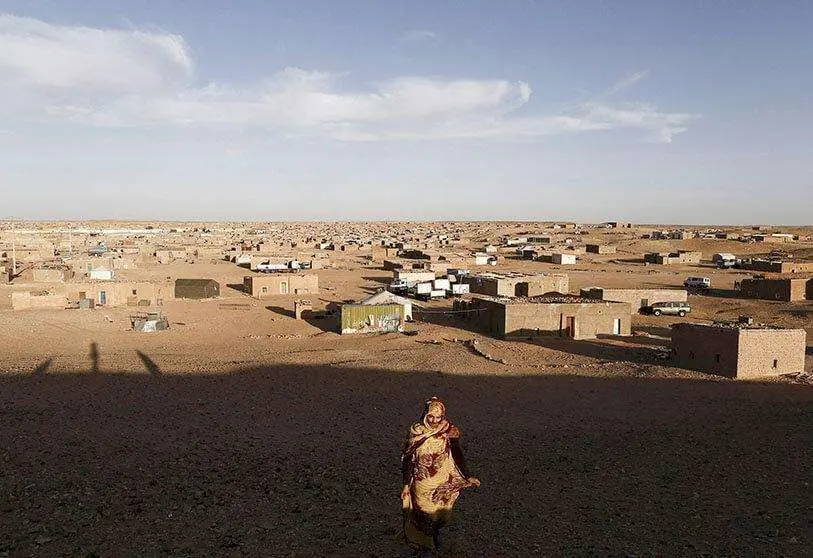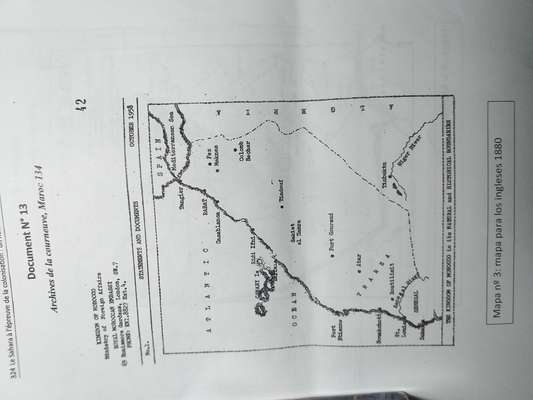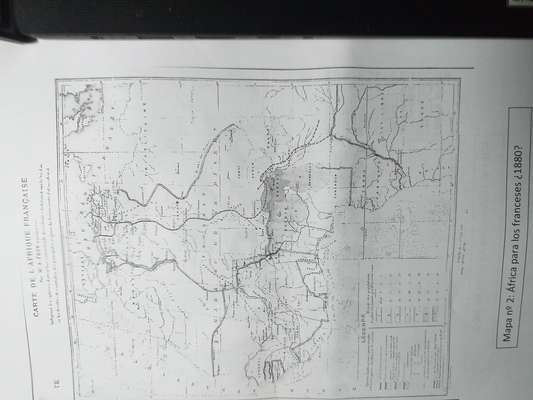Facing the Moroccan Sahara: regulatory autonomy of the international community

The petrification and consequent ineffectiveness of the UN General Assembly resolutions is beyond doubt, at least those affecting the Sahara, which have been buried by history as all the geopolitical and historical premises that gave rise to them have disappeared. This has caused it to lose moral authority and prestige. To add to its inability to deliver results.
The crisis of the world's highest instance is not only due to its proven inefficiency over decades, but also to its historical stagnation. As an institution absent from the present and reality that maintains dogmas in which no one can believe, as evidenced by the 17 Non-Self-Governing Territories. As further proof of obsolescence and anachronism. How will the historical dislocation or fracture be that none of these territories intends to exercise the rights recognised to them by the High Authority. The logical consequence would be the historical amortisation of the list, but only a bureaucratised entity, distant from the dynamism of facts, ideas, mentalities and aspirations, can maintain it. The configuration of new needs and historical challenges follow one after the other and political and social movements evolve and may even disappear, while UN resolutions remain petrified as palaeography.

It can be said that none of the 17 Non-Self-Governing Territories would wish to see their status changed, neither Gibraltar (which was not even a colony) nor the Falkland Islands, nor Guam or the others, and as recently demonstrated, the one that might have been tempted to do so, New Caledonia, has preferred to disregard the decades-old dogmas languishing in musty UN cellars.
Just as the right to self-determination for the Sahara has been left out of time, out of the historical world and out of current and future political perspectives; since 2007 it has been tempered by the UN Security Council (and not the General Assembly) with the just, lasting and mutually accepted solution by the parties: Morocco and Polisario of principals. It is also to be eternalised and also to fail.

The UN is made up of sovereign states that do not need to relinquish their sovereignty, so they retain all the powers to conduct their international policy as they wish. Solutions to international conflicts formally pass through the UN. And conversely, the hibernation and freezing of political processes is due to, or at least is the responsibility of, the international body.
The UN is a historical, legal and vertical human creation, the international community is a de facto, horizontal community, not created, but creative and open, capable of arbitrating processes and procedures to achieve an end, to resolve conflicts. On so many occasions, the UN, with its rigid and inertial protocols, has failed miserably, as in the Sahara dispute, demonstrating its functional incapacity and becoming a real obstacle to the resolution of the conflict. It is therefore completely futile and ridiculous for countries such as Spain and other European countries to defer to the dictates of the UN, whose inanity has been proven decade after decade. New centres of imaginative initiatives, agreements and new consensus in the international community must take over from those who lack any capacity, as Morocco does. This is what the generations of refugees and the bulk of the Sahrawi and Moroccan population are demanding.

The autonomy statute for the Sahara and its repercussions elaborated by Morocco must be postulated as new facts, which entrench and legitimise it on the basis of the regulatory autonomy of the international community as opposed to the prescriptive heteronomy of the United Nations.
The international praxis of the right to self-determination currently depends on acts of national sovereignty (not of any international body) by which a third or more countries recognise a territory as independent (or belonging to another country) by pronouncing (European countries first) on its sovereignty, as happened in the Balkans with Slovenia, Kosovo, which has become a doctrine of de facto and de jure international legitimacy outside the UN.
In 2017, with the separatist revolt in Catalonia, there was speculation about the possible recognition or non-recognition by third parties of their grotesque secessionist process, as they are now able to set themselves up as new facts and decision-makers for independence. In the last Moroccan elections, the turnout of Saharawis (where they are the only ones allowed to vote and the majority of the population in the southern provinces) was much higher than average.
José María Lizundia Zamalloa, editor of ENSAYOS SAHARIANOS and author of five books on the Sahara, one of which has been translated into Arabic.

